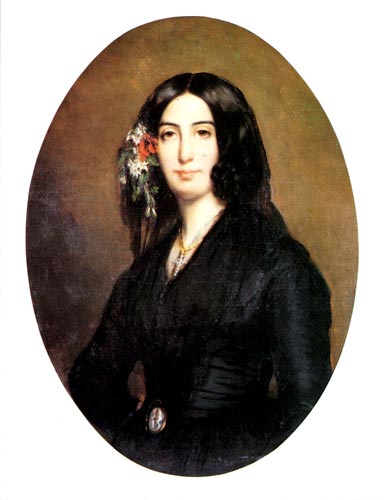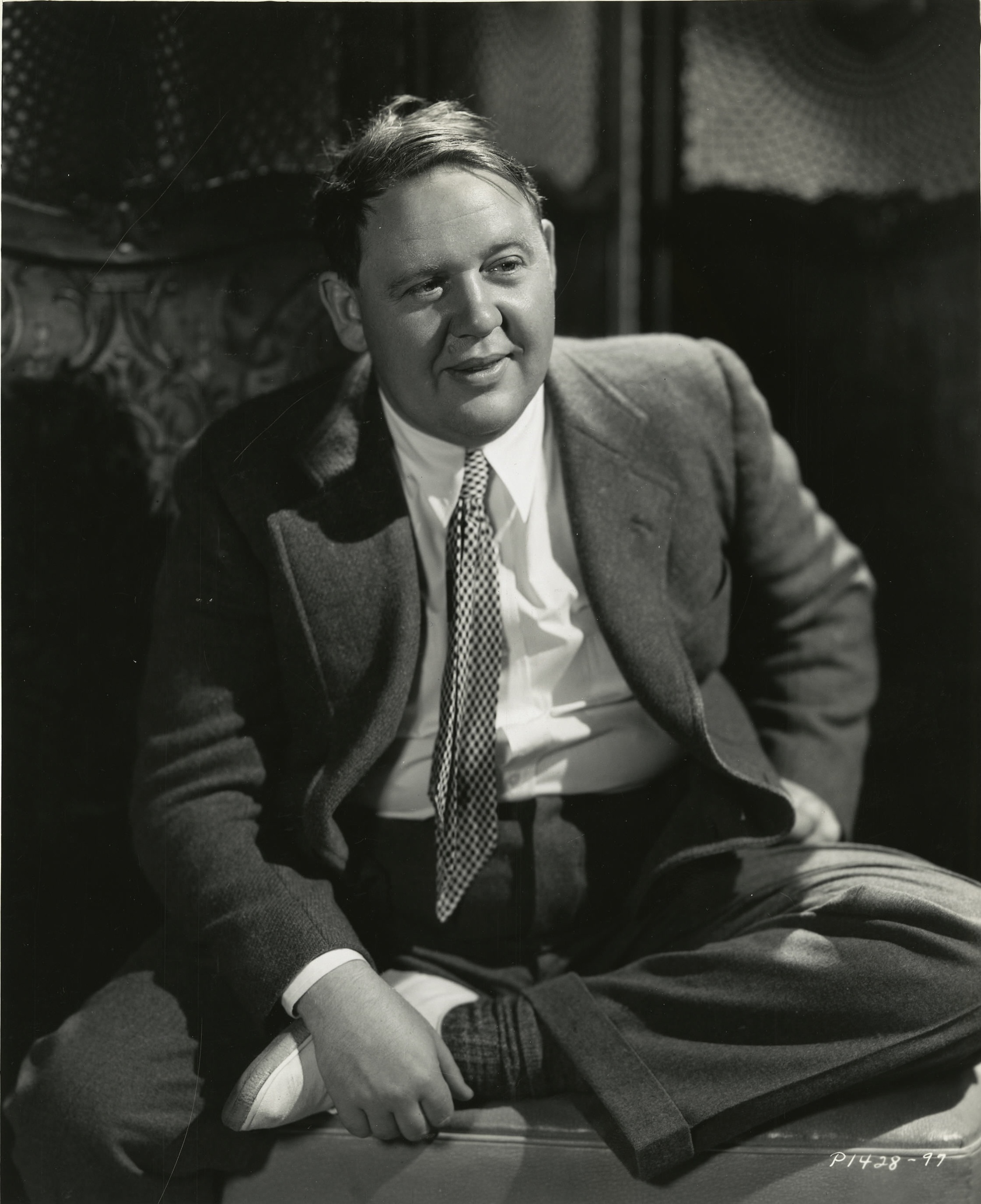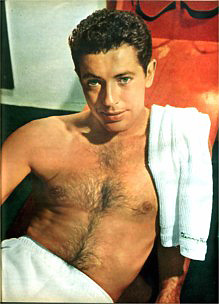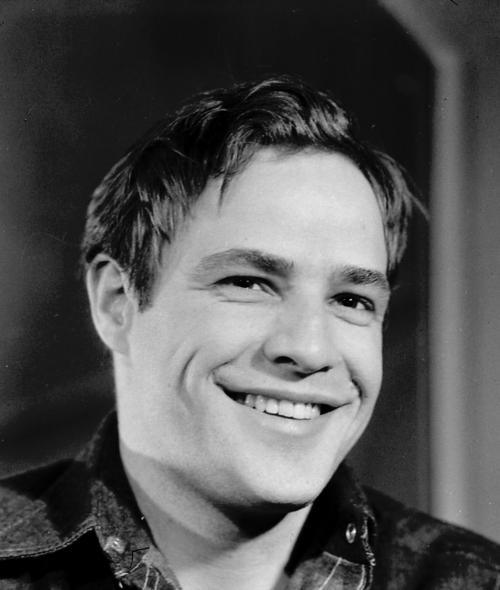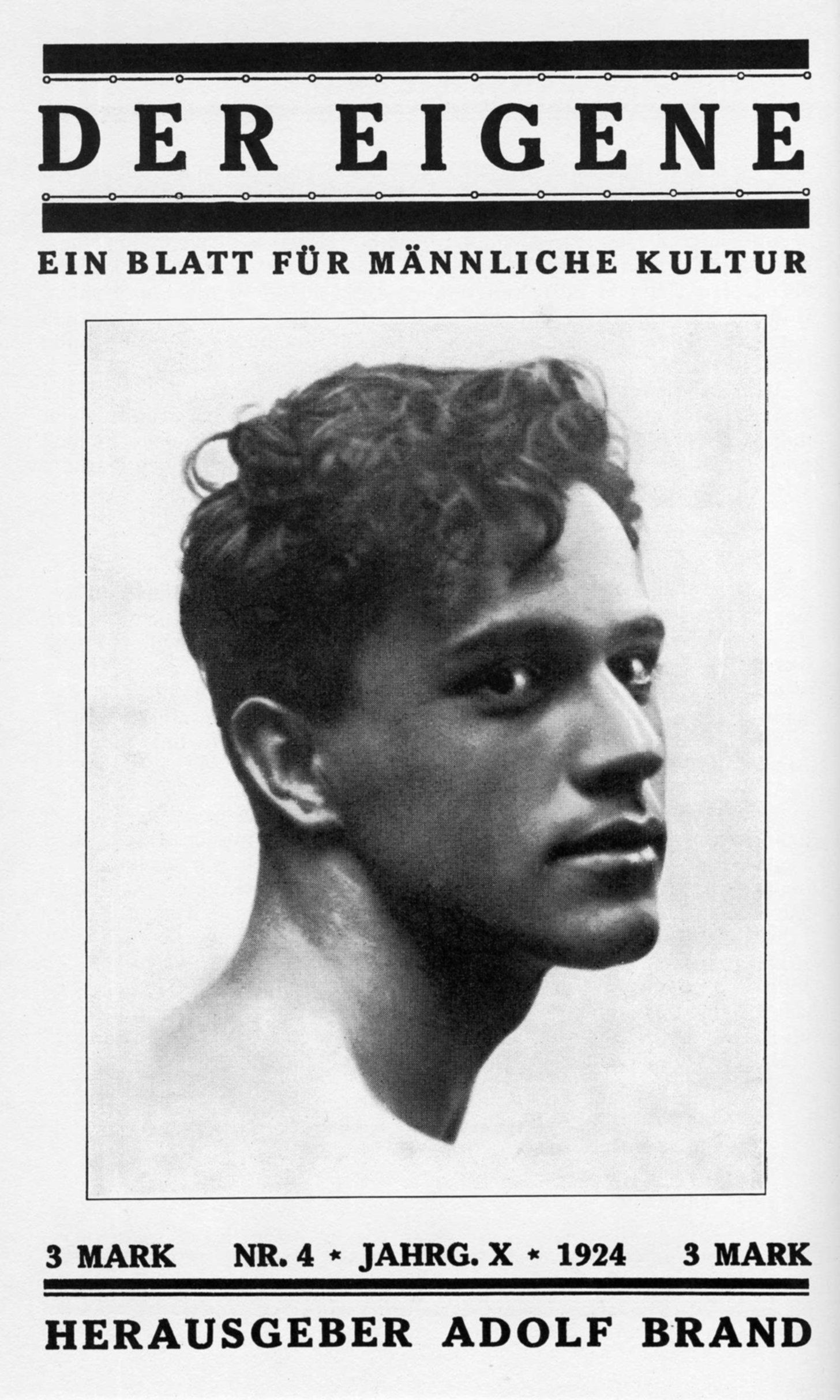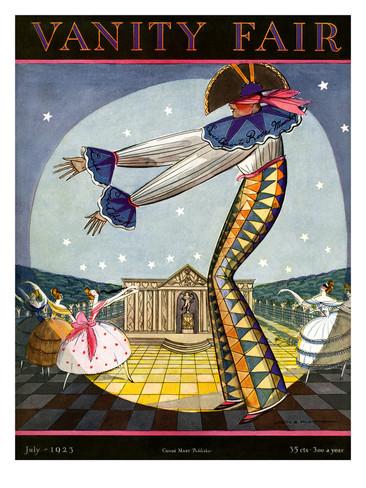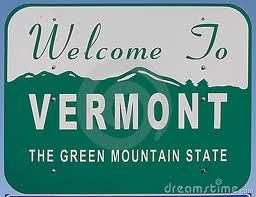|
Gay Wisdom for Daily Living brought to you by White Crane Institute ͏ ͏ ͏ ͏ ͏ ͏ ͏ ͏ ͏ ͏ ͏ ͏ ͏ ͏ ͏ ͏ ͏ ͏ ͏ ͏ ͏ ͏ ͏ ͏ ͏ ͏ ͏ ͏ ͏ ͏ ͏ ͏ ͏ ͏ ͏ ͏ ͏ ͏ ͏ ͏ ͏ ͏ ͏ ͏ ͏ ͏ ͏ ͏ ͏ ͏ ͏ ͏ ͏ ͏ ͏ ͏ ͏ ͏ ͏ ͏ ͏ ͏ ͏ ͏ ͏ ͏ ͏ ͏ ͏ ͏ ͏ ͏ ͏ ͏ ͏ ͏ ͏ ͏ ͏ ͏ ͏ ͏ ͏ ͏ ͏ ͏ ͏ ͏ ͏ ͏ ͏ ͏ ͏ ͏ ͏ ͏ ͏ ͏ ͏ ͏ ͏ ͏ ͏ ͏ ͏ ͏ ͏ ͏ ͏ ͏ ͏ ͏ ͏ ͏ ͏ ͏ ͏ ͏ ͏ ͏ ͏ ͏ ͏ ͏ ͏ ͏ ͏ ͏ ͏ ͏ ͏ ͏ ͏
|
|
||||
| This Day in Gay History | ||||
July 01Born 1804 - GEORGE SAND, French writer born (d. 1876); born Amandine-Aurore-Lucille Dupin, George Sand was the pseudonym for Aurore Dudevant (neé Dupin), Although she dressed like a man, wrote novels under a male pseudonym, and is known to have had relationships with women (the writer Alfred Vigny referred to her vehemently as “that Lesbian”), Lesbianism never occurs in the romantic novels of George Sand. Her affairs with prominent men were the talk of Europe and were exploited in her fiction, but she maintained a discreet silence about the friendship of women, even though modern critics are in agreement that her female characters are all independent and dominant women like herself, “masculine” they say with more than a touch of bias. That George Sand chose never to write about Lesbianism is understandable. She had sufficient trouble in establishing her independence as a woman to worry about supplying weapons to the enemy. When she died, Turgenev wrote to Flaubert, “What a good man she was, and what a kind woman.” 1899 - English actor CHARLES LAUGHTON, was born on this day (d. 1962); Poor Laughton...hated the way he looked, hated the face he was born with, and despised his corpulent body. Nonetheless, his face was his fortune and helped to make him one of the great character actors in the history of films, a performer able to portray the most diverse range of personalities with flamboyance or finesse as each part required. No matinee idol could possibly have been assigned the variety of human types that Laughton played in his thirty year career. As a homosexual he felt cheated because he was not handsome, even though he was blessed with a wife whose love and intelligence allowed her to share him with his Gay male friends. Elsa Lanchester’s foreword to her husband’s biography is a warm and candid document, well worth reading. It is a tribute to the English actor’s genius and, unwittingly, to her own. 1925 - American actor and star of Strangers on a Train and Rope FARLEY GRANGER was born (d: 2011). Granger had one of the more prolific careers in Hollywood, but he is most closely associated with Alfred Hitchcock as a result of these two films. It was during his naval stint in Honolulu that Granger says he had his first sexual experiences one with a hostess at a private club and the other with a handsome Naval officer visiting the same venue, both on the same night. Ahhh youth. He was startled to discover he was attracted to both men and women equally and in his memoir he observed, "I finally came to the conclusion that for me, everything I had done that night was as natural and as good as it felt . . . I never have felt the need to belong to any exclusive, self-defining, or special group . . . I was never ashamed, and I never felt the need to explain or apologize for my relationships to anyone . . . I have loved men. I have loved women." Granger's next two films for Goldwyn, Edge of Doom and Our Very Own, were unpleasant working experiences, and the actor refused to allow the producer to loan him to Universal Pictures for an inferior magic carpet saga. When he was placed on suspension, he decided to accompany Ethyl Chaplin, who had separated from her husband, and her daughter on a trip to Paris. At the last moment they were joined by Arthur Laurents who remained behind when the group departed for London to see the opening of the New York City Ballet, which had been choreographed by Jerome Robbins. He and Granger engaged in a casual affair until the actor was summoned to return to New York to help publicize Our Very Own and Edge of Doom, both of which received dreadful reviews. Goldwyn cancelled the nationwide openings of the latter, hoping to salvage it by adding wraparound scenes that would change the focus of the film, and Granger refused to promote it any further. Once again placed on suspension, he departed for Europe, where he spent time in Italy, Austria and Germany with Laurents before being contacted about an upcoming film by Alfred Hitchcock. In Rope, Granger and John Dall portrayed two highly intelligent friends who commit a thrill killing simply to prove they can get away with it. The two characters and their former professor, played by Jimmy Stewart, were supposed to be gay, and Granger and Dall discussed the subtext of their scenes, but because The Hays Office was keeping close tabs on the project, the final script was so discreet that Laurents remained uncertain of whether Stewart ever realized that his own character was gay. Hitchcock shot the film in continuous, uninterrupted ten-minute takes, the amount of time a reel of Technicolor film lasted, and as a result technical problems frequently brought the action to a frustrating halt throughout the twenty-one day shoot. The film ultimately received mixed reviews, although most critics were impressed by Granger, who in later years said he was happy to be part of the experience, but wondered "what the film would have been like had [Hitchcock] shot it normally" and "had he not had to worry about censorship." Despite three unsuccessful Broadway experiences, Granger continued to focus on theater in the early 1960s. He accepted an invitation from Eva Le Gallienne to join her National Repertory Theatre. During their first season, while the company was in Philadelphia, John F. Kennedy was assassinated. The President had attended NRT's opening night and post-performance gala in the nation's capital, so the news hit everyone in the company especially hard. Granger had become close friends with production supervisor Robert Calhoun, and although both had felt a mutual attraction, they never had discussed it. That night they became lovers. Granger finally achieved some success on Broadway in The Seagull, The Crucible, The Glass Menagerie and Deathtrap. He starred opposite Barbara Cook in a revival of The King and I at the off-Broadway New York City Center and in 1979 he was cast in the Roundabout Theater Company production of A Month in The Country. In 1986 he won the Obie Award for his performance in the Lanford Wilson play Talley & Son. In the early 1970s, Granger and his partner, Robert Calhoun moved to Rome, where the actor made a series of Italian language films, most notably They Call Me Trinity. He also appeared on several soap operas, including One Life to Live, on which his portrayal of Will Vernon garnered him a nomination for the Daytime Emmy Award for Outstanding Lead Actor in a Drama Series, The Edge of Night and As the World Turns, produced by Calhoun. In the 1990s, Granger appeared in several documentaries discussing Hollywood in general and Alfred Hitchcock in particular. In 1995 he was interviewed on camera for The Celluloid Closet, discussing the depiction of homosexuality in film and the use of subtext in various films, including his own. In 2003, Granger made his last film appearance in Broadway: The Golden Age, by the Legends Who Were There. In it, he tells the story of leaving Hollywood at the peak of his fame, buying out his contract from Samuel Goldwyn, and moving to New York City to work on the Broadway stage. In 2007, Granger published the memoir Include Me Out, co-written with his life partner Robert Calhoun. In the book, named after one of Goldwyn's famous malapropisms, he freely discusses his career and personal life. Calhoun died of lung cancer in New York City in May 2008, at age 77. Died 2004 - MARLON BRANDO, American actor died (b. 1924); Early in his career he became the roommate of his boyhood friend, Wally Cox, who he encouraged to study acting with Stella Adler. Cox and Brando remained very close for the rest of Cox's life, and the famously reclusive Brando appeared unannounced at Cox's wake when he died. Brando is also known to have kept Cox's ashes in his bedroom and conversed with them nightly. Brando died of respiratory failure from pulmonary fibrosis with congestive heart failure at the UCLA Medical Center in Los Angeles. Brando left behind thirteen children (two of his children, Cheyenne and Dylan Brando, had predeceased him) as well as over thirty grandchildren. The cause of death was intentionally withheld, and his lawyer cited privacy concerns. He also suffered from failing eyesight caused by diabetes and liver cancer. Shortly before his death and despite needing an oxygen mask to breathe, he recorded his voice to appear in The Godfather: The Game, once again as Don Vito Corleone. Noteworthy 1896 - "DER EIGENE", the first Gay journal in the world, was published from 1896 to 1932 by Adolf Brand in Berlin. Though there were two prior issues to this date, this was the first issue that was fully Gay in its content. Brand contributed many poems and articles himself. Other contributors included Benedict Friedlander, Hanns Heinz, Erich Muhsam, Kurt Hiller, Ernst Burchard, John Henry Mackay, Theodor Lessing, Klaus Mann and Thomas Mann, as well as artists Wilhelm von Gloeden, Fidus and Sascha Schneider. Like White Crane, the journal may have had an average of around 1500 subscribers per issue during its run, but the exact numbers are uncertain. The title of the journal, Der Eigene ("The Own"), refers to the classic anarchist work Der Einzige und sein Eigentum (1844) by Max Stirner. Early issues reflected the philosophy of Stirner, as well as other views on the politics of anarchism, but in the 1920s the journal shifted to support the liberal democracy of the Weimar Republic and more specifically the Social Democratic Party. Der Eigene interwove cultural, artistic, and political material, including lyric poetry, prose, political manifesto and nude photography. A winning combination in our opinion. 1923 - The July issue of this year's VANITY FAIR published the first story using the word "Gay" to refer to homosexuality? The story titled "Miss Furr and Miss Skeene" was written by no less than GERTRUDE STEIN. And even though she'd published it in her own book of short stories the previous year, the Vanity Fair publication brought it to a much larger audience. | ||||
|
|8|O|8|O|8|O|8|O|8|O|8|O|8|O|8| Gay Wisdom for Daily Living from White Crane Institute "With the increasing commodification of gay news, views, and culture by powerful corporate interests, having a strong independent voice in our community is all the more important. White Crane is one of the last brave standouts in this bland new world... a triumph over the looming mediocrity of the mainstream Gay world." - Mark Thompson Exploring Gay Wisdom & Culture since 1989! |8|O|8|O|8|O|8|O|8|O|8|O|8|O|8| | ||||
|
|||||
|

